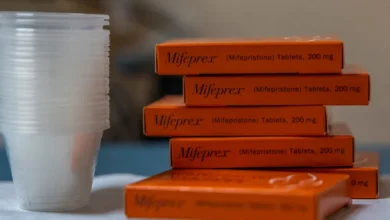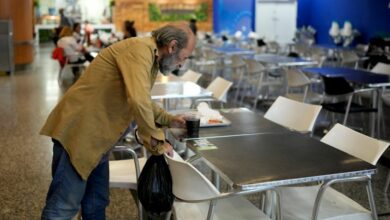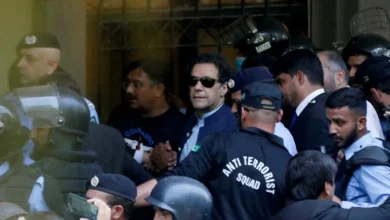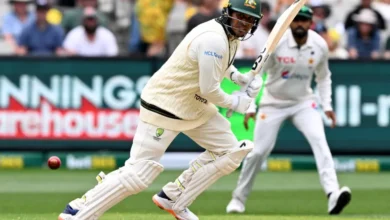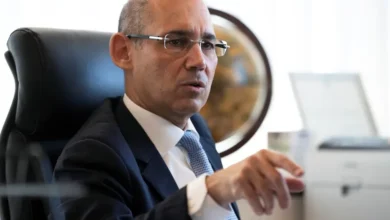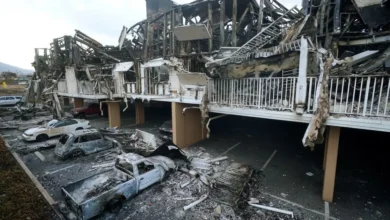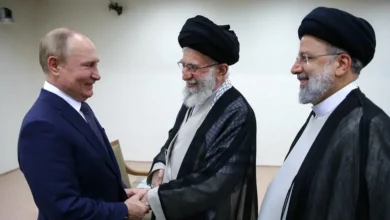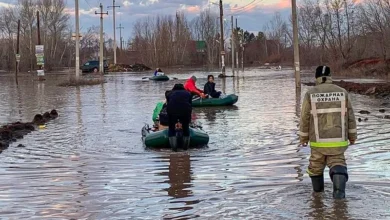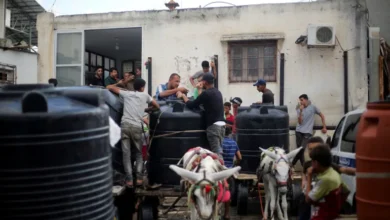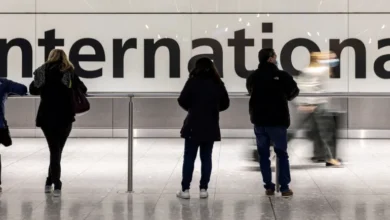Killing of Indigenous Ecuador anti-oil activist spurs questions
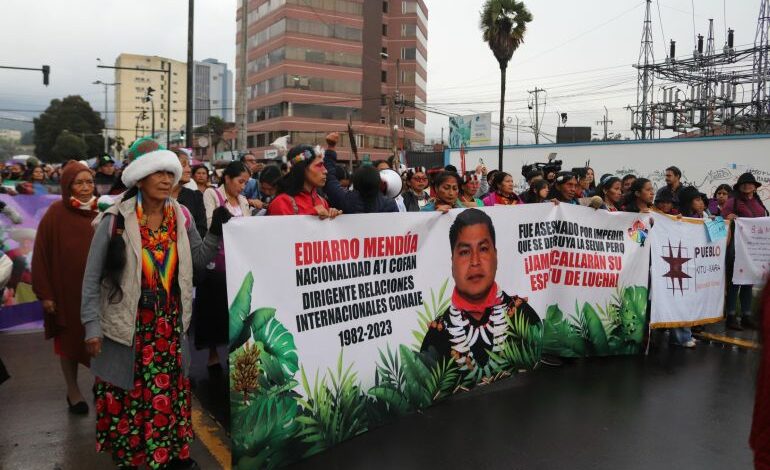
It was a Sunday in late February, and Eduardo Mendúa was doing what he was famous for: organising against the oil drilling that had transformed his ancestral lands in Ecuador.
A member of the Indigenous Cofán people, Mendúa had seen pipelines and wells spring up throughout the rainforest his community called home. Oil spills had stained the land, and pollution had seeped into nearby waterways.So Mendúa joined a tradition of Cofán activism. He campaigned against efforts by the state-owned oil company Petroecuador to expand into Cofán territory and became a leader for Ecuador’s largest Indigenous rights organisation, the Confederation of Indigenous Nationalities of Ecuador (CONAIE).
His Facebook message around midday on February 26 was in keeping with his activism. In a fiery post, he demanded that Petroecuador stop its expansion into Cofán lands.
“We are not about to cede an inch of our territory so that the oil companies destroy the spiritual beings and invisible people of our forests, rivers, lagoons, sacred places, ravines, medicine and trees,” he wrote.
But it would be the last message Mendúa ever sent to his followers. Hours later, Mendúa was dead. And those closest to him wonder if his anti-oil activism led to his assassination.
The community, composed of around 750 inhabitants, sits within 9,571 hectares (23,650 acres) of primary forest, undisturbed by human industry.
But that wilderness was increasingly under threat. In 2022, the Ecuadorian government authorised the construction of 30 new oil wells — a decision made without the appropriate community consultation, according to critics.
Albeiro Mendúa, Eduardo’s brother, told Al Jazeera his brother had refused to accept the “forced infiltration” of oil companies in the territory and fought because he “wanted to end the injustices the community faced”.

